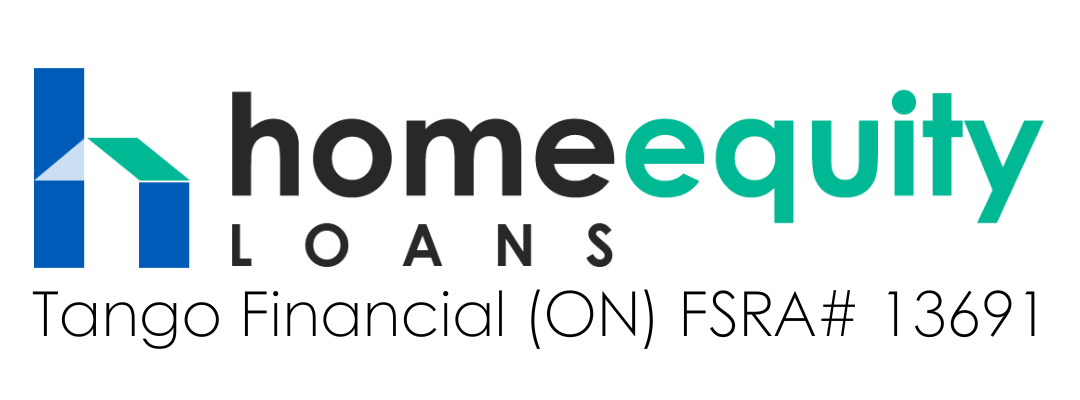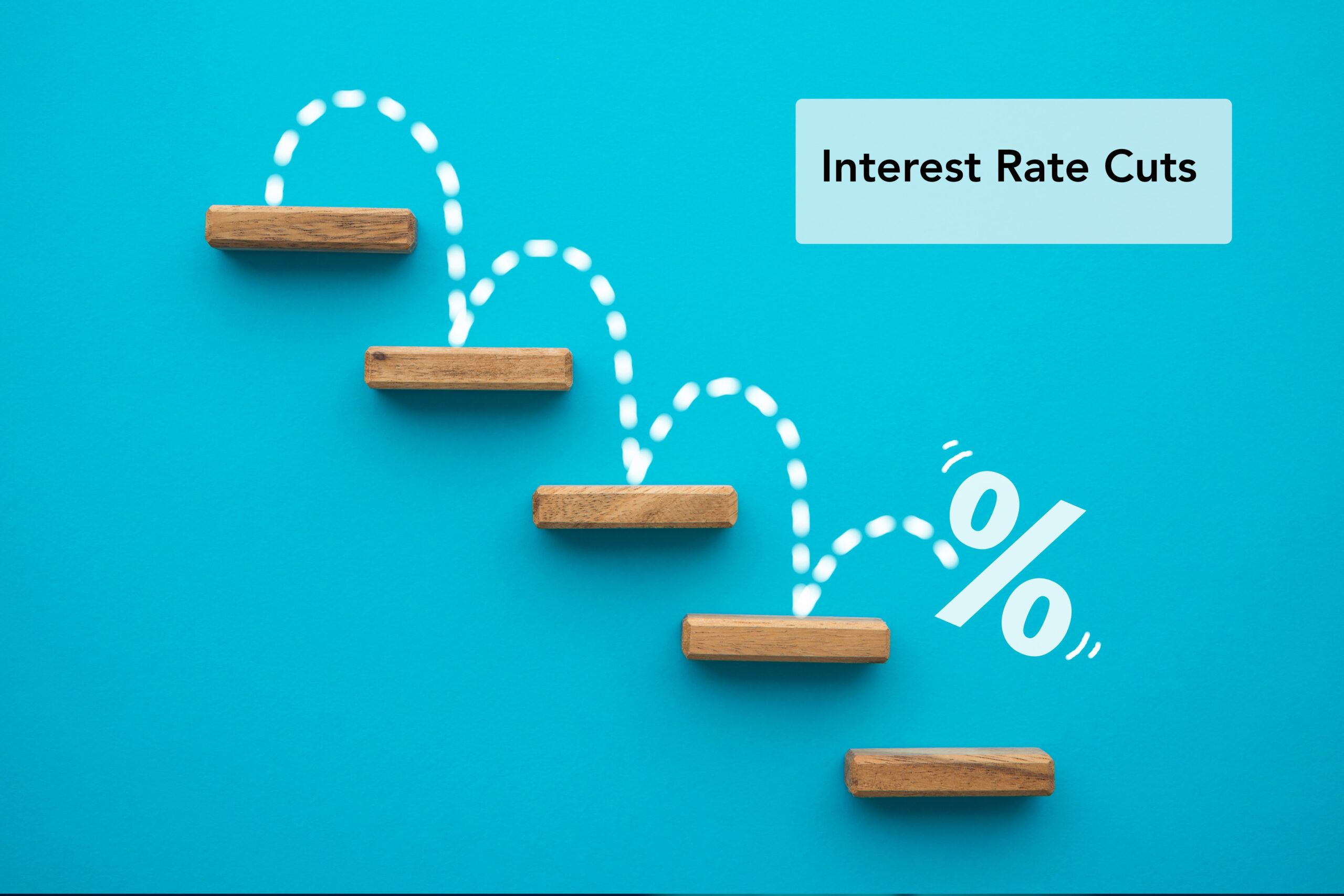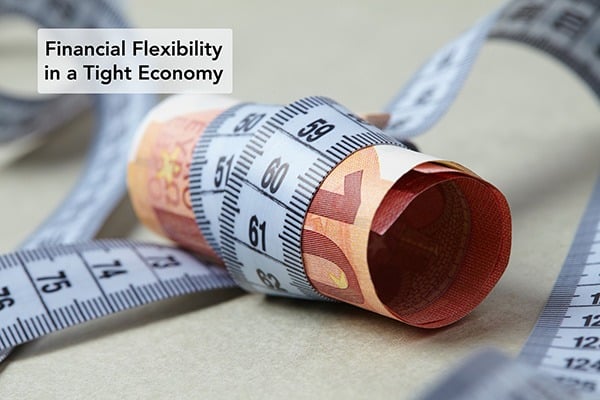Canada is a nation of homeowners, with nearly 70% of Canadians owning a home. Homeownership comes with many benefits, but one of the best is building equity.
Equity represents the difference between what you can sell your home for and the amount you still owe on the property. As you pay and reduce the amount you owe on your mortgage, your equity grows.
There are several ways homeowners tap into their equity. This article will talk about the two most popular.
Let’s dive in to see which is better: a home equity loan or a HELOC.
What Is a Home Equity Loan?
When you acquire a home equity loan, you borrow a lump sum, similar to a mortgage. You have fixed payments with a fixed interest rate.
You can choose to pay back the loan over five to 20 years. Some lenders allow monthly installments for up to 30 years.
The amount of money you can borrow depends on how much equity you have in your home. In Canada, you can usually borrow up to 85% of your equity.
If you have $100,000 in equity, you can plan to borrow $80,000-$85,000, depending on your lender and credit score.
Home Equity Loan Pros and Cons
A home equity loan is an advantageous option for people who tend to overspend. With a lump-sum payment, there is no option to borrow more money.
But this also means you can’t take out more money for an emergency.
The fixed monthly payment makes budgeting easier for borrowers. However, if you want a lower rate in the future, you’ll have to refinance the loan.
Yet, by choosing a longer repayment period, the monthly installments will be lower and more affordable than trying to pay off the loan as quickly as possible.
Plus, since your home equity secures the loan, you’ll often get a lower interest rate than getting a personal loan or using credit cards.
A significant drawback of a home equity loan is paying a second mortgage on top of your primary mortgage. Home equity loans may also have closing costs and other fees. Therefore, it takes careful budgeting to ensure you can make your payments every month.
Something else to consider is how much equity you want to borrow. Taking too much equity at once could lead to suffering if your property value goes down. You don’t want to owe money on equity lost to the market.
Do the pros weigh more than the cons for you? Then apply for a home equity loan now at HomeEquityLoans.ca.
What Is a HELOC?
A home equity line of credit (HELOC) functions like a credit card as it’s a revolving line of credit. You have the option to borrow against the line of credit and use as much or as little as you need.
With a HELOC, you can usually obtain up to 65% of your home equity.
HELOCs have two periods. The first is the draw period when you use the money as needed. You can make minimum payments or interest-only payments on what you’ve borrowed.
The second period is repayment. You can’t access the funds anymore, and you must repay the principal and interest balance.
HELOCs have variable interest rates. That means the rate can change based on market conditions.
HELOC Pros and Cons
The best benefit of a HELOC is you can use the funds several times without reapplying for a loan.
For example, you have a $50,000 HELOC with an eight-year draw period. You take out $30,000 to buy a car. Now you have $20,000 left to borrow.
Within three years, you’ve paid back the $30,000. Now you can borrow up to $50,000 again. It continues until the draw period ends.
This flexibility fits those who don’t want to borrow a lump sum. However, it is tempting to overspend, so you want to make a strict budget.
Flexibility also means your loan payments and interest charges can change, which is something you need to prepare for.
Rising Interest Rates
Current HELOC interest rates are around 2.5-3.5%, depending on the lender. However, the Bank of Canada recently raised interest rates and said more raises are coming.
Before securing a HELOC, review your finances to ensure you can afford to pay a higher interest rate when rates rise.
If you don’t have a flexible budget, you’ll want to reconsider. But if you’re ready to apply for HELOC, get started with your application at HomeEquityLoans.ca.
Which Is Better? A Home Equity Loan or a HELOC?
The answer will be different for everyone.
Do you prefer the predictability of a home equity loan or the flexibility of a HELOC? The answer will depend on what you need the funds for.
A home equity loan is a better choice when:
- You know exactly the amount you need to borrow
- You want a predictable payment each month
- You need to know the date the loan will be paid off
Conversely, a HELOC is a better choice when:
- You don’t know how much you need to borrow but have long-term expenses
- You want a lower interest rate
- You can afford changes in your payments and interest rate
Despite fluctuations, HELOCs’ interest rates are often lower than those for home equity loans, but HELOCs may require a higher credit score for approval.
So, which is better? A HELOC or a home equity loan? Examine well your finances and your financial objectives before deciding.
Regardless of which option you choose, remember you could lose your home if you cannot meet your obligations on your home equity loan or HELOC.
Do you need professional advice?
Home Equity Loan vs. HELOC: Which Do You Choose?
Using your home equity is an excellent way to borrow money to pursue other goals. So whether you’re planning to renovate your home, go back to school, or buy a car, the option is viable.
If you still don’t know which is better, a home equity loan or a HELOC, contact us at HomeEquityLoans.ca for professional assistance. As a leading lender in Canada, we’re committed to helping our clients just like you to reach their short- and long-term pursuits.
We provide same-day advice and get you approved in as fast as 24-hours.
Don’t wait another day; call us today!




